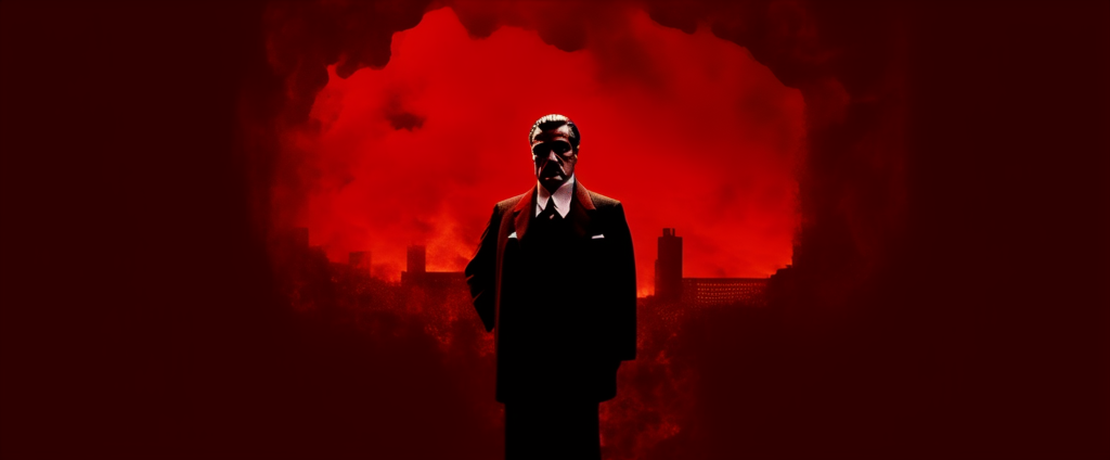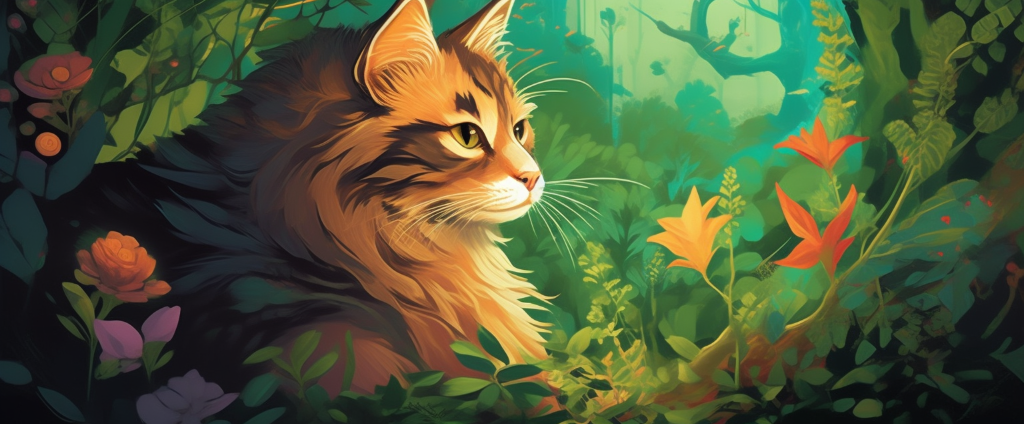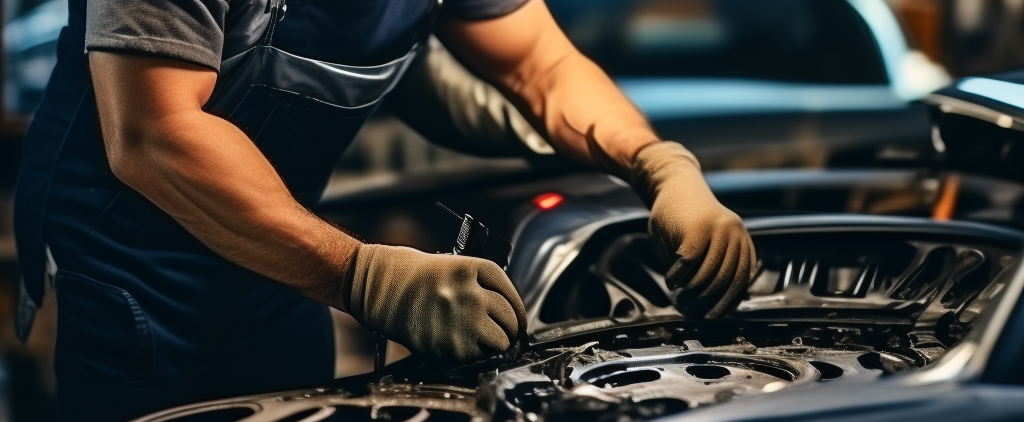The Godfather: A Masterclass in Storytelling and Mafia Cinema
- OLT-1
- Art and culture
- January 9, 2025
Boring to read? Listen:

“The Godfather” - A Masterclass in Storytelling and Mafia Cinema
Francis Ford Coppola’s “The Godfather” is a cinematic masterpiece that has stood the test of time. Released in 1972, this epic crime saga continues to captivate audiences with its intricate storytelling, complex characters, and operatic scope.
At its core, “The Godfather” is a story about family - not just the Corleone clan, but also the Italian-American experience. Coppola’s direction weaves together themes of loyalty, power, and betrayal in a way that feels both deeply personal and universally relatable.
One of the key reasons why “The Godfather” remains so beloved is its ability to balance gritty realism with operatic grandeur. The film’s depiction of the mafia lifestyle - complete with brutal violence, corrupt politics, and lavish parties - is unflinching in its portrayal of the darker aspects of human nature.
And yet, despite the darkness that pervades much of the story, “The Godfather” ultimately becomes a powerful exploration of what it means to be human. The film’s characters are multidimensional and flawed, with even the most ruthless mobsters revealing moments of tenderness and vulnerability.
Of course, no discussion of “The Godfather” would be complete without mentioning its iconic performances. Marlon Brando’s portrayal of Don Vito Corleone is a masterclass in understated acting, while Al Pacino brings a level of intensity and passion to his role as Michael Corleone that feels both deeply personal and universally relatable.
In the end, “The Godfather” is more than just a great film - it’s an experience. It’s a journey into the heart of darkness, but also a celebration of human resilience and the power of family bonds. Whether you’re a longtime fan or new to the world of mafia cinema, this classic epic has something for everyone.
So if you haven’t seen “The Godfather” yet - what are you waiting for?

